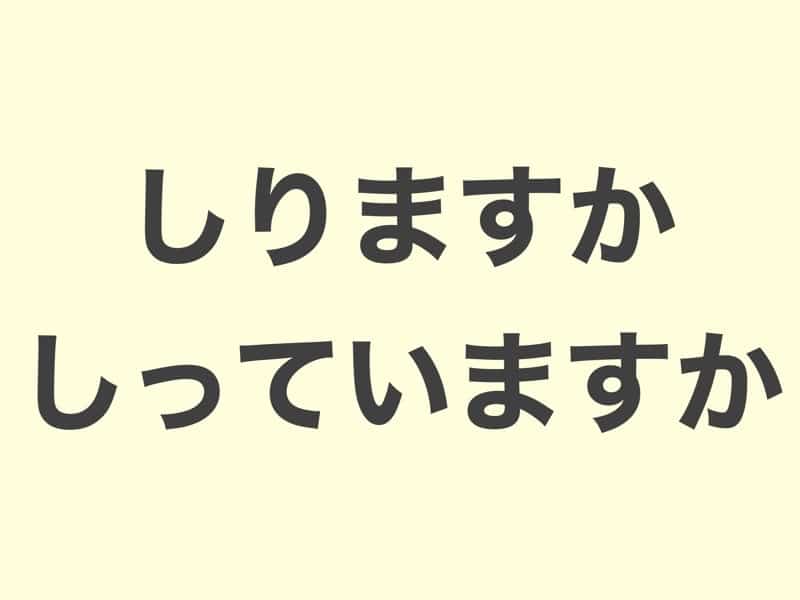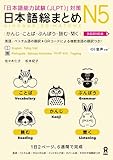The phrase 知っていますか (shitteimasu ka) is the correct option when asking if someone knows something in Japanese. This phrase uses the te-form of the verb 知ります (shirimasu) combined with います (imasu) to indicate a current state of knowledge.
知っています (shitteimasu):
- The te-form (in this case, 知って (shitte)) combined with います (imasu) indicates a continuous state or action. This construction expresses that the subject currently possesses knowledge about something. It translates to “I know” or “Do you know?”
- It reflects an ongoing situation rather than a one-time action. In Japanese, it’s common to describe states or conditions using this structure.
知りません (shirimasen):
- This is the negative form of the verb 知ります (shirimasu) , meaning “I do not know.” It simply indicates a lack of knowledge or awareness about a topic.
- It doesn’t imply any ongoing state like the te-form does; rather, it states that the person does not have knowledge of something at all.
Usage of the phrases
納豆を知っていますか (nattō o shitteimasu ka)
Do you know about natto?
はい、知っています (hai, shitteimasu): Yes, I know.
いいえ、知りません (iie, shirimasen): No, I do not know.





コメント